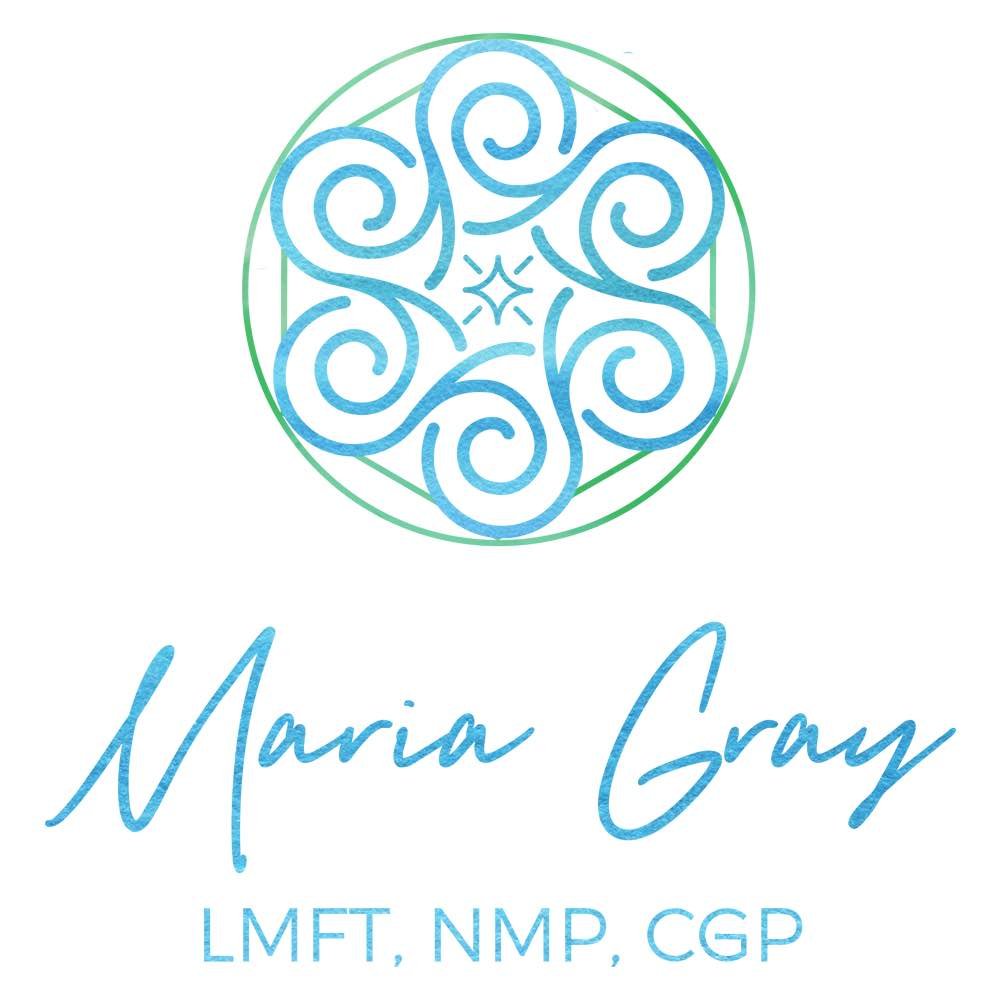Neuro Affective Relational Model Therapy
in Los Angeles, CA and TX
WHAT IS NARM?
The NeuroAffective Relational Model (NARM) blends traditional psychotherapy with a relational, somatic approach; it was developed by Dr. Laurence Heller. NARM supports the restoration of connection and aliveness to the nervous system that’s vital to our emotional health. NARM trained therapists work with both the physiology and psychology of clients who have experienced attachment, relational or developmental trauma, focusing on the client’s capacity for connection and nervous system regulation.
NARM combines a top-down and bottom-up approach. Top-down therapies focus on thoughts and emotions. Bottom-up therapies focus on the body, the felt sense, and the instinctive responses as they are mediated through the brain stem and move toward higher levels of brain organization.
How can narm help Me?
One of the key elements of NARM is somatic mindfulness, the ability to mindfully track sensations in the nervous system. NARM emphasizes the importance of the relationship between clinical issues and the body, helping clients learn how to access their body’s natural ability to self-regulate. When clients learn how to self-regulate they can feel their feelings without becoming overwhelmed by them, and begin to feel better.
I completed a two-year certification in NARM and continue to expand my learning. If you are interested in learning more about NARM you can watch the video below where Larry is being interviewed on The Trauma Therapist podcast below or read Healing Developmental Trauma: How Early Trauma Affects Self-Regulation, Self-Image and the Capacity for Relationship, by Dr. Laurence Heller and Dr. Aline LaPierre.
I offer NARM sessions in person in my Santa Monica office, I also offer virtual NARM sessions to clients residing in California and Texas.


